Interviewing is a skill that can take years to perfect. If you don’t practice it often it will look (and perform) like something else entirely.
So, what exactly is an interview? Well, let’s start with what it is not:
- It is not a “conversation”
- It is not a sales pitch
- It is not a “catch up”
- And it is not “coffee”
The interview is a structured process where you ask each candidate the same set of questions (preferably in the same order) designed to allow you to make an informed decision about which candidate best fits the job you are recruiting for at the moment.
It is not the only tool you use to inform that decision but it is the best way to line up each of the candidates so you can compare their responses to a series of questions (preferably behavioural) to each other.
If you are not practiced at the art of interviewing it can be tempting to go off script, engage in social conversation, talk too much (and therefore not listen enough) and miss vital cues that you would be able to pick up on if you were structured and truly listening to understand.
Before you commence interviewing, write your list of questions. These can start as “get to you know” questions to put the candidate at ease but at some point, you need to include questions relating to how they would behave in certain situations that you expect they will encounter in the role. This is how you can ascertain if their behavior will fit with your culture and goals. Don’t be afraid to press if the candidate is unclear or evasive. Put them under pressure as they will be under pressure in the role.
Beware – it is tempting to hire in our own image because we like ourselves.
But that might not be the right thing to do in every circumstance. Sometimes we need to hire people we may not like that much because we need them for a job that perhaps we don’t enjoy ourselves. Remember you are hiring someone to perform a job, not to be your friend. However, it is still important to hire with your culture in mind and if you think that your culture will be at risk then move on (or dig deeper to fully understand).
Make sure you fully explain the role, the expectations, and the business to the candidate to ensure they understand and can make an informed decision on their part. Ask them for feedback and clarification and give them an idea of what the next steps will be. Also ask them what else they are interviewing for, what the timing of those roles are and how they feel about your role in relation to the others. If you are keen on the candidate now is when you need to start controlling the process.
Finally, keep good records.
Got a question, or looking for support with your next job position?
027 835 7046



